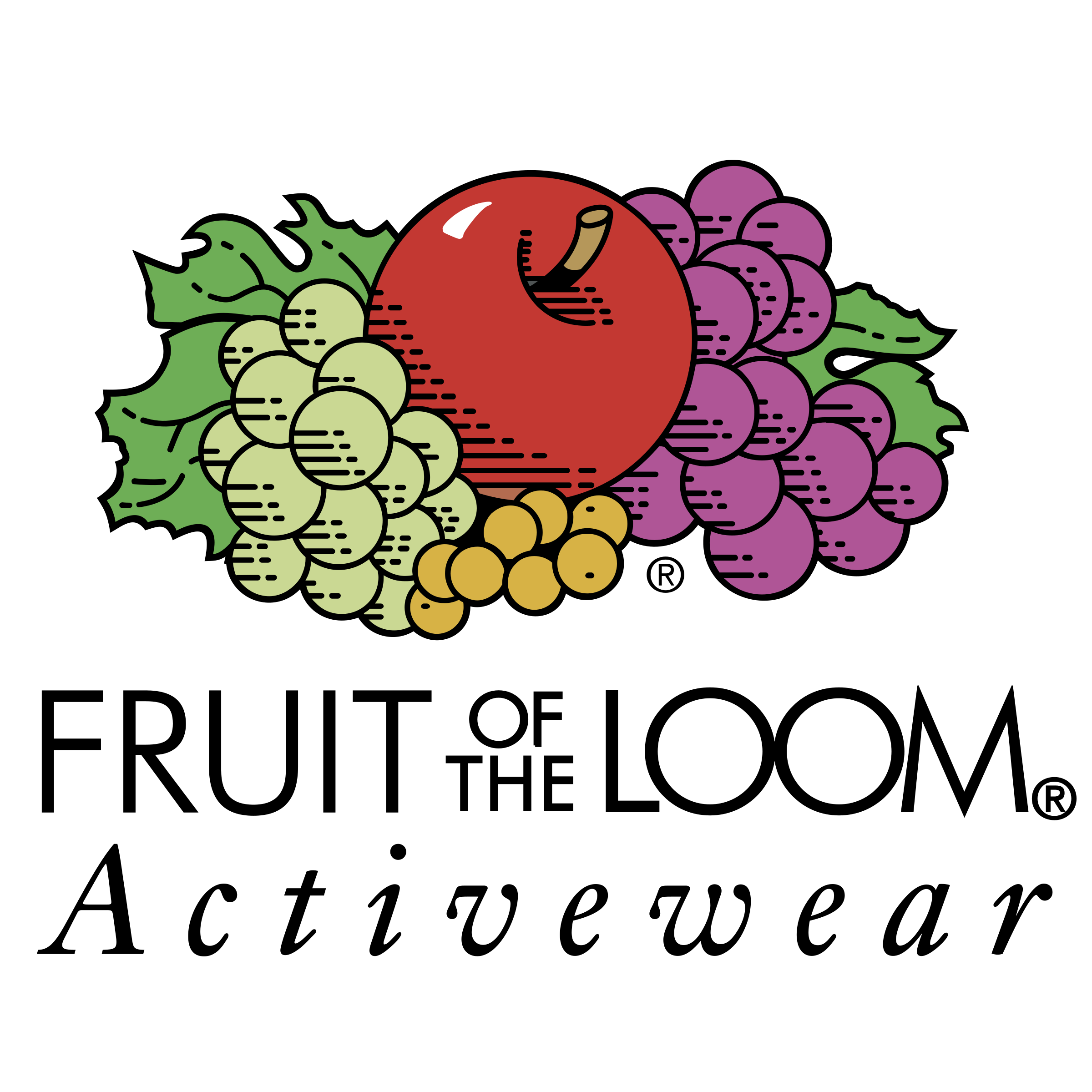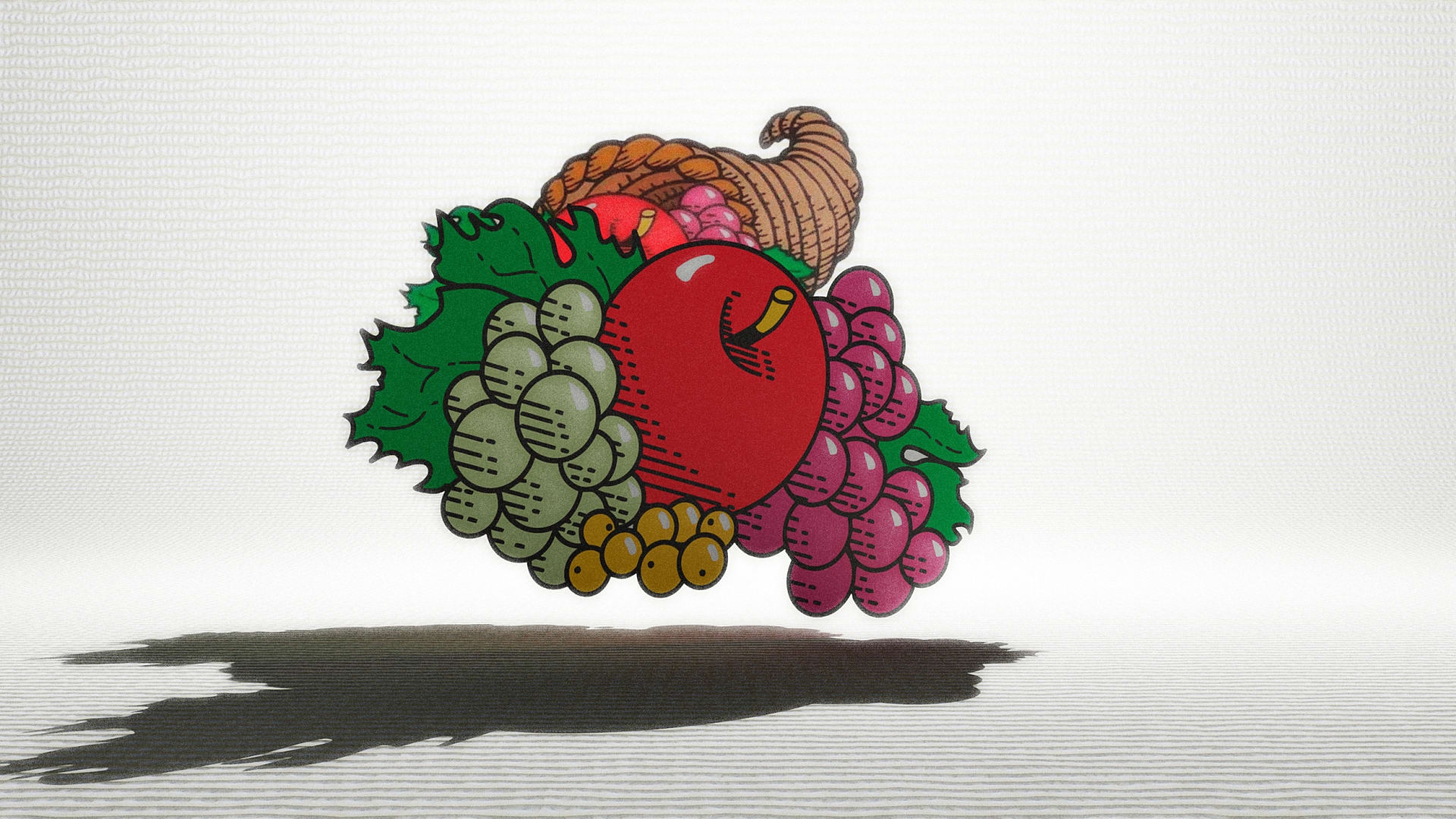Are you a coffee lover who can’t start your day without a cup of joe? If so, you’re in the right place. In this article, we will discuss the benefits of organic coffee and why you should consider making the switch.
Organic coffee is grown without the use of synthetic pesticides or fertilizers, making it a healthier choice for both you and the environment. By choosing organic, you can enjoy your favorite beverage guilt-free, knowing that it was produced in a sustainable and eco-friendly way.
Benefits of Organic Coffee
One of the main benefits of organic coffee is that it is free from harmful chemicals that can be found in conventionally grown coffee. These chemicals can have negative impacts on your health, such as disrupting your hormones and causing digestive issues.
Organic coffee is also higher in antioxidants, which can help protect your cells from damage caused by free radicals. Antioxidants have been linked to a reduced risk of chronic diseases, such as heart disease and cancer, making organic coffee a great choice for overall health and well-being.
Furthermore, organic coffee is often grown in a shade-grown environment, which helps preserve the natural habitat of birds and other wildlife. By choosing organic coffee, you are supporting sustainable farming practices that protect the biodiversity of our planet.
In conclusion, making the switch to organic coffee is not only beneficial for your health but also for the environment. By choosing organic, you can enjoy a delicious cup of coffee while knowing that you are making a positive impact on the world around you. So why not give organic coffee a try today and experience the benefits for yourself?



